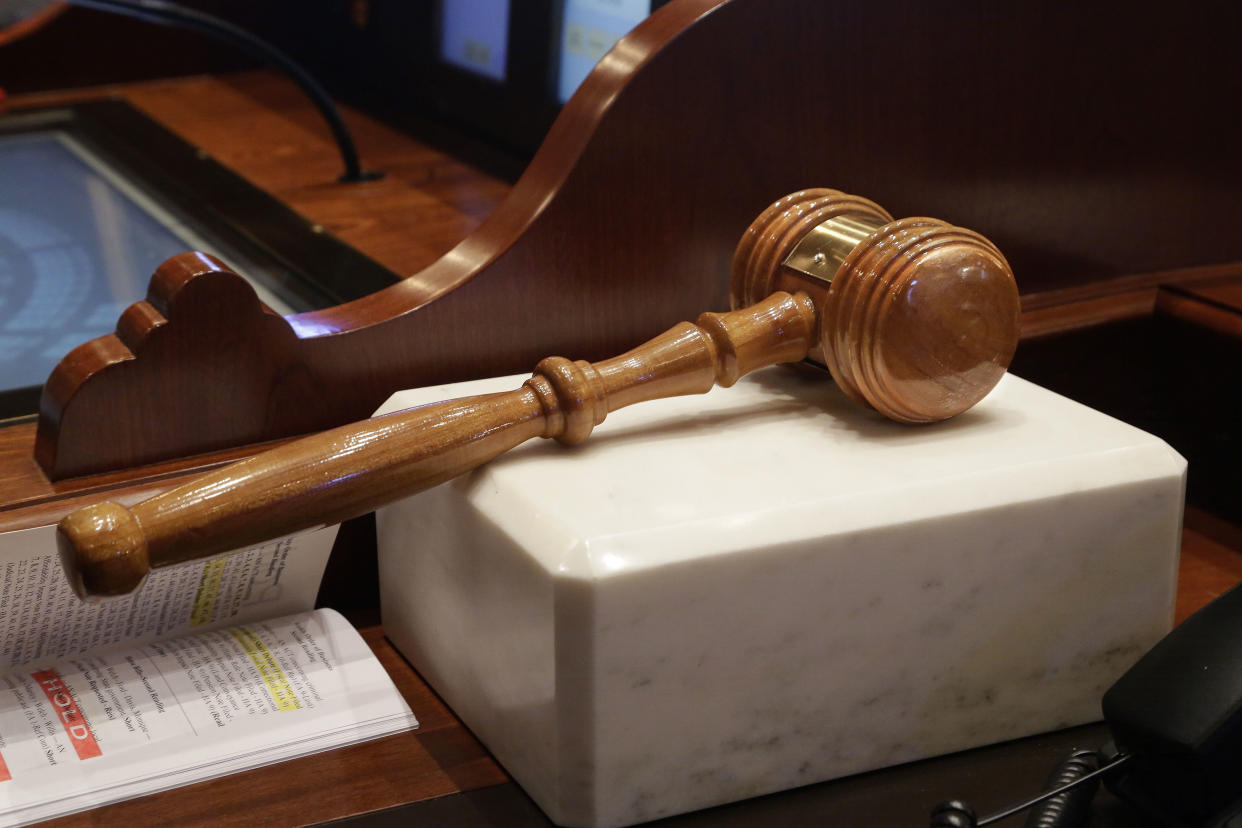Court decisions allowing public bidders in N.J. to use PO boxes rather than home addresses alarm advocates

A little-noticed court decision last month will give companies more leeway as to which addresses they list when bidding for local government public contracts in New Jersey.
The Appellate Division decision — which allowed a paving company to list its owners’ post office box instead of their home address — is minor in scope. But an expert in government procurement and an attorney who advocates for more open government said the ruling is part of an unwelcome trend of chipping away at transparency requirements at all levels of government in New Jersey.
“The overall trend is disturbing,” said Marc Pfeiffer, assistant director of the Bloustein Center for Local Government Research at Rutgers University, who spent nearly 40 years in local government administration, including 26 years at the New Jersey Division of Local Government Services.
The contractor that lost the case plans to appeal to the state Supreme Court, its attorney, John Palladino, said.
“It really creates opaque bidding. The whole goal of public bidding is to have transparency and this does the opposite. The reason you supply a name and address is so the public knows who you are,” Palladino said in an interview Monday. “Anyone can get a post office box anywhere.”
The decision: For decades — since 1977, according to Pfieffer — local governments have required that anyone with at least a 10-percent stake in a company seeking public contracts disclose their home address.
The case decided last month dates to 2020, when Fred M. Schiavone Construction entered the lowest bid for a construction project in Stone Harbor, Cape May County. The second-place bidder, Asphalt Paving Systems, sued to block the contract because the other company’s two owners, Fred and Roberta Schiavone, provided a post office box in Malaga, a tiny unincorporated community in Gloucester County, as their address.
Superior Court Judge Mary Siracusa dismissed the complaint, ruling the state law that requires bidding companies to disclose their owners’ addresses did not mean home addresses.
The appellate division upheld that decision.
“[W]e conclude that the Legislature intended that a bid would comply with [the statute] so long as the bidder provided the home, business or mailing address for each owner of ten or more percent,” Judge Clarkson Fisher wrote for the panel. “Had the Legislature meant to require the owners' home addresses it would have said "home addresses" rather than "addresses."
Pfeiffer said state governments had required bidders list their home addresses until sometime in the middle of the previous decade.
The implications: Pfeiffer said the impact of the appellate decision will be limited, but will likely make it easier for some bidders who might otherwise be disqualified to slip through the cracks.
Pfeiffer gave a hypothetical example of a father and son who have the same name, or perhaps the same first and last names with a different middle initial. One could have something disqualifying in his background, but it would not be immediately apparent to local officials which one is bidding on a project.
Palladino said the confusion won’t be limited to people who are related.
“I ... looked up my name, and there were 17 of us in the state. And one of them happens to be a criminal,” Palladino said. “If I’m that guy and I don’t want to be identified, I get a post office box … which anyone can do and nobody knows who that guy is. And it becomes a guessing game.”
Big picture: The Nov. 14 decision by the appellate court came just before legislative leaders introduced a measure, NJ SCR132 (22R), that would no longer require state lawmakers to list their home addresses, as well as addresses for other properties they own, on their financial disclosure forms. After that, the same leaders introduced a bill, NJ A4889 (22R), that would no longer require local government officers to disclose their property addresses on financial disclosure statements.
In 2020, Gov. Phil Murphy’s signed “Daniel’s Law,” which restricts public access to the home addresses of current and former judges, prosecutors and law enforcement officers. The law was a response to the shooting death of Daniel Anderl, the son of U.S. District Court Judge Esther Salas, at their home in Middlesex County by a “men’s rights activist” who was unhappy with the progress of lawsuit he had before Salas.
C.J. Griffin, an attorney who fights for more open government, is also concerned with the trend.
“Addresses are historically available for everybody. Our property records are available, and they’re available for a reason: So we can see who’s involved in transactions,” Griffin said in an interview. “ New Jersey has too long of a history of corruption to start chipping away, even in minor ways, on ways we can check if everything’s on the up-and-up.”

